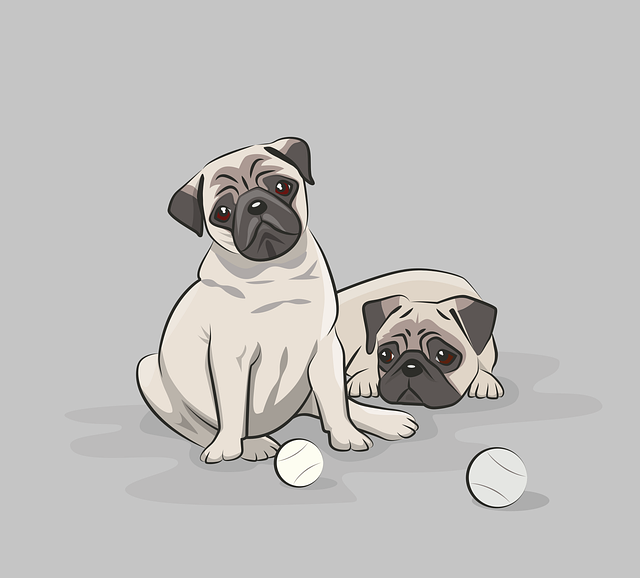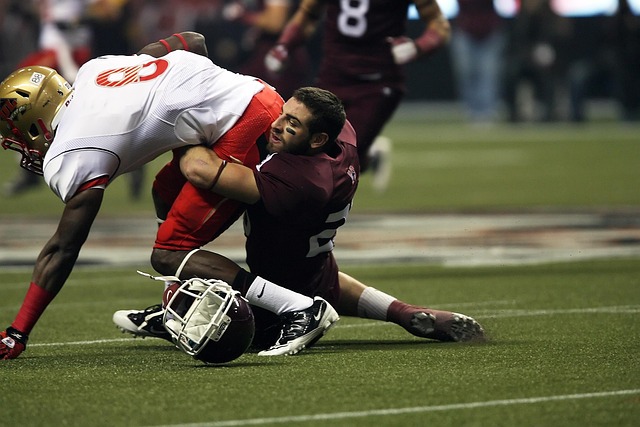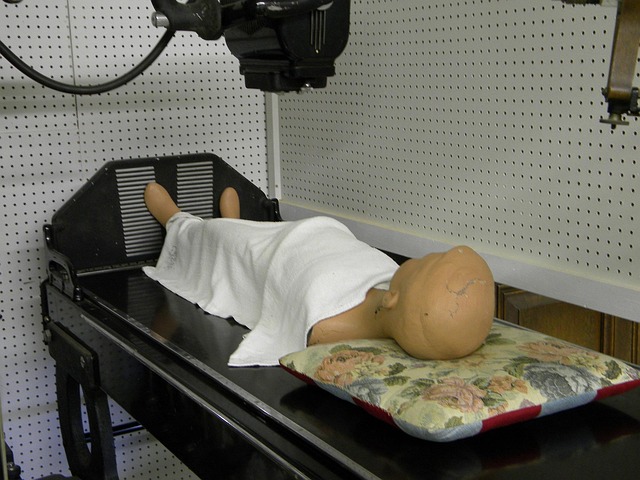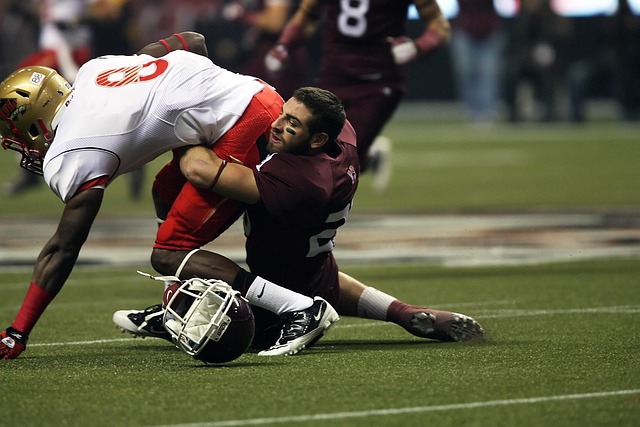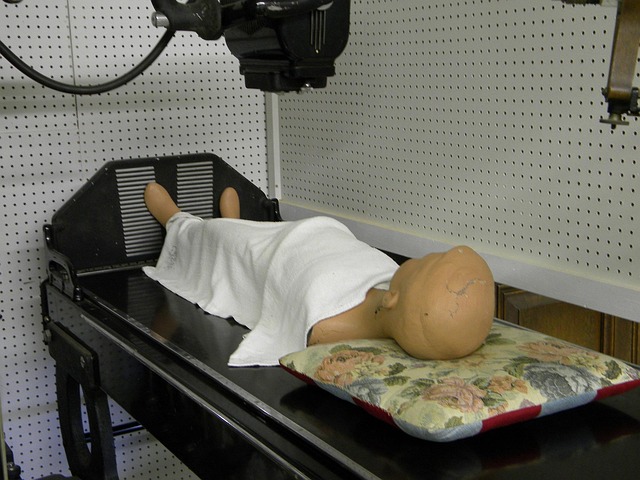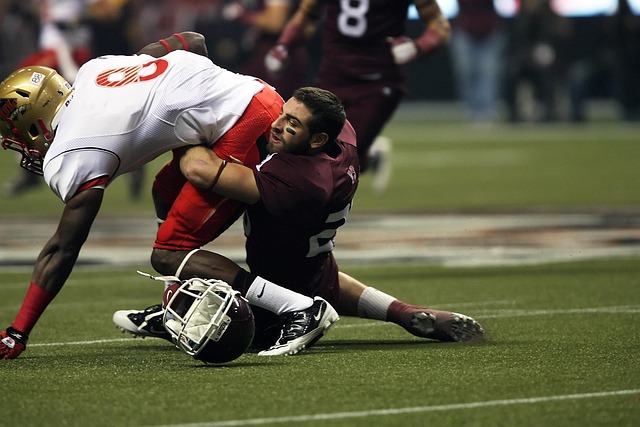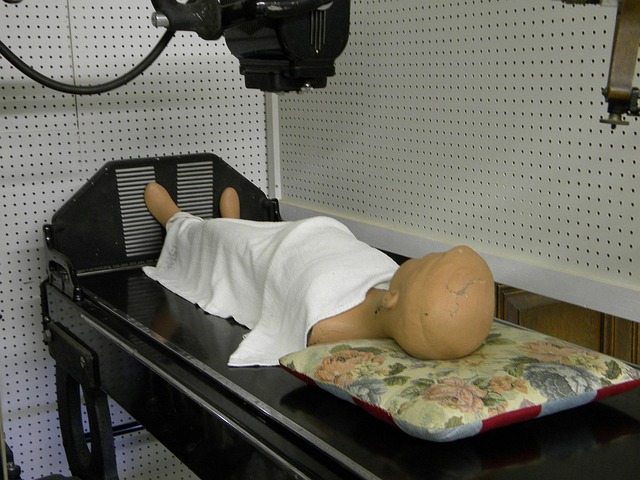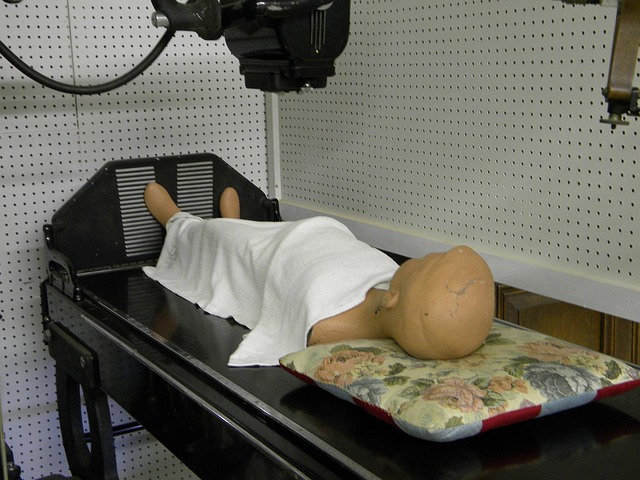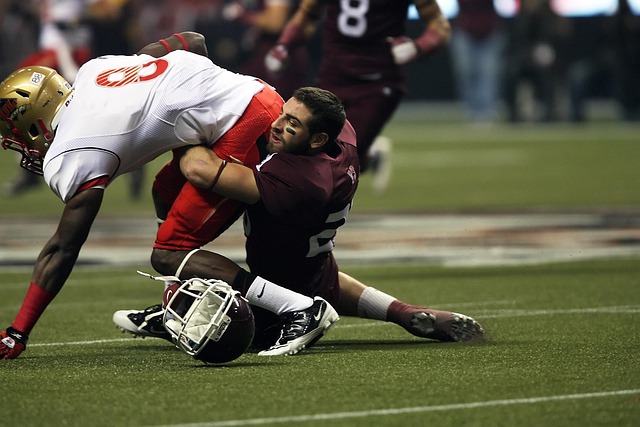Chiropractic treatment for concussion injury utilizes non-drug methods like spinal adjustments, soft-tissue therapy, and specialized exercises to alleviate symptoms such as headaches, dizziness, and cognitive issues. This holistic approach aims to restore proper spine alignment, enhance neck mobility, and improve balance/coordination, promoting brain health and overall recovery without medication reliance.
Concussions, a common yet serious brain injury, often leave individuals seeking non-drug solutions for healing. This article explores three effective non-drug therapies: chiropractic care, physical therapy, and neurofeedback. Discover how these innovative approaches aid in the recovery process, offering natural remedies to alleviate symptoms and promote the body’s inherent healing mechanisms. Learn about the benefits of chiropractic treatment for concussion injury, providing a gentle yet powerful tool in the pursuit of full recovery.
- Exploring Chiropractic Care for Concussion Recovery
- Physical Therapy: A Non-Drug Approach to Healing
- Neurofeedback and Its Role in Post-Concussion Management
Exploring Chiropractic Care for Concussion Recovery
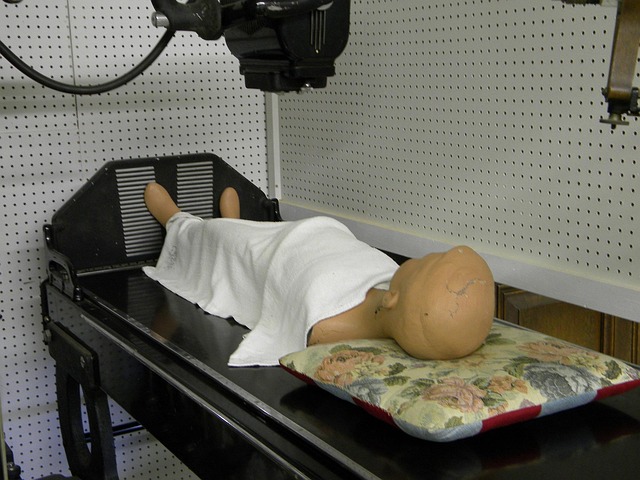
Chiropractic care has emerged as a promising non-drug therapy option for individuals recovering from a concussion injury. This alternative approach focuses on the manipulation and adjustment of the spine, along with various other joint and tissue treatments, to improve overall neurological function and reduce symptoms associated with concussions.
Many chiropractic practitioners specialize in sports medicine and have extensive experience treating athletic injuries, including concussions. They employ a variety of techniques, such as spinal adjustments, soft-tissue therapy, and specialized exercises, to help alleviate symptoms like headaches, dizziness, and cognitive issues often experienced by concussion patients. The goal is not only to relieve pain but also to restore proper alignment and mobility in the spine, which can positively impact brain health and recovery.
Physical Therapy: A Non-Drug Approach to Healing
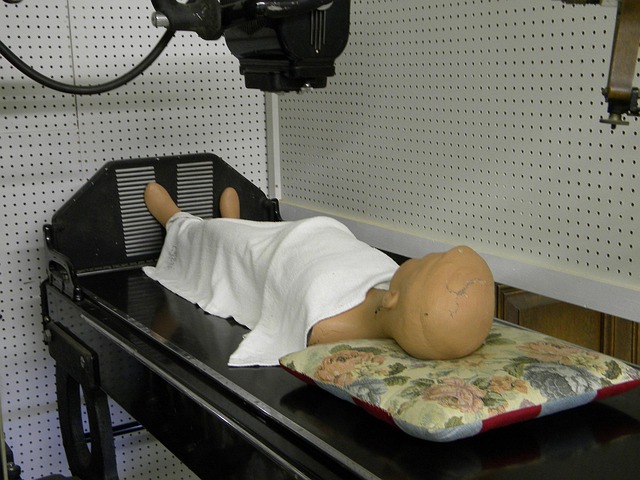
Physical therapy plays a pivotal role in non-drug treatments for concussion healing, offering a gentle and effective approach to recovery. Chiropractors often employ specific techniques tailored to address the unique challenges posed by concussions. These methods focus on improving neck mobility, reducing muscle tension, and enhancing overall balance and coordination.
Chiropractic care for concussion injury involves manual adjustments and targeted exercises. Chiropractors carefully assess the patient’s condition and design a personalized treatment plan. This can include adjustments to the cervical spine, as well as rehabilitation exercises aimed at strengthening the muscles involved in head and neck stability. By combining these techniques, physical therapy provides a holistic support system to aid in the healing process without relying on medications.
Neurofeedback and Its Role in Post-Concussion Management
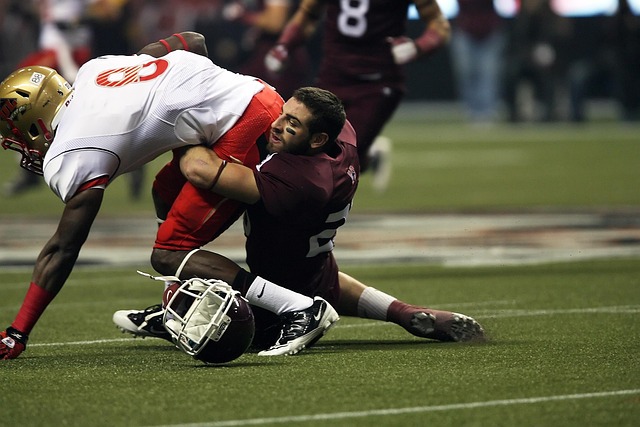
Neurofeedback is a non-drug therapy gaining traction in the management of post-concussion symptoms. This technique uses real-time brain activity feedback to train the brain to function more efficiently, aiming to reduce symptoms like headaches, dizziness, and cognitive impairments often associated with concussion injuries. By measuring and regulating brainwave patterns, neurofeedback can help individuals regain control over their brain’s response to stimuli, potentially speeding up recovery.
Chiropractic care also plays a significant role in non-drug therapy for concussion healing. Chiropractors use a combination of manual adjustments, spinal manipulation, and other therapeutic techniques to address potential physical imbalances caused by the injury. This holistic approach focuses on restoring proper alignment and mobility of the spine, which may alleviate symptoms and support overall brain health, complementing neurofeedback as an effective post-concussion management strategy.
In conclusion, non-drug therapies like chiropractic care, physical therapy, and neurofeedback offer promising avenues for concussion healing. These approaches focus on natural methods to promote recovery without relying on medication, providing a holistic alternative for those seeking relief from concussion symptoms. Chiropractic treatment for concussion injury has shown potential in adjusting the spine and reducing symptoms, while physical therapy enhances strength and balance. Neurofeedback further aids in regulating brain activity. As research continues, these non-invasive strategies may become standard practices, offering folks effective and safe avenues to navigate post-concussion recovery.



